Skip to content
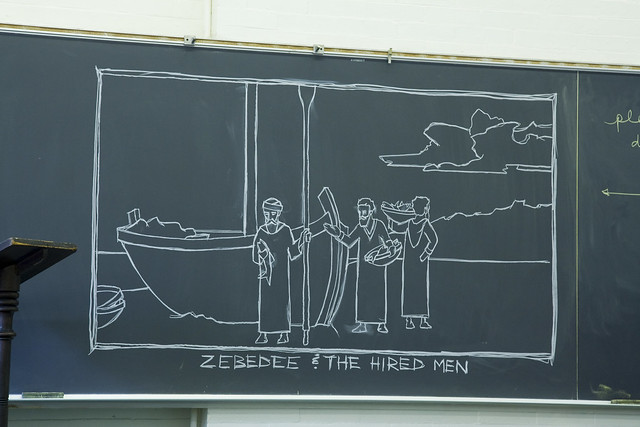
General Theological Seminary, New York City. December 5, 2011
365 Part Deux

Midtown, New York City. December 4, 2011
365 Part Deux
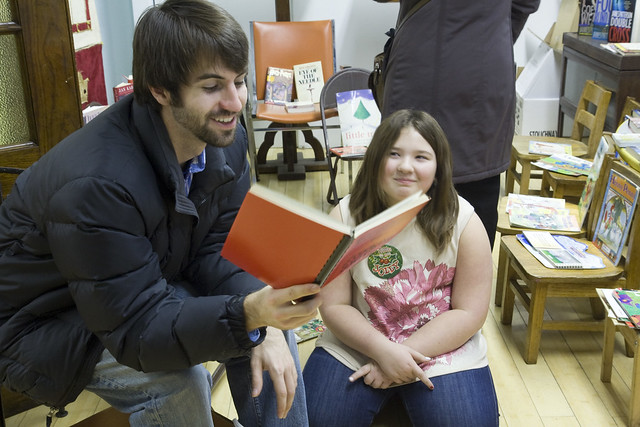
Trinity in Astoria, New York City. December 3, 2011
365 Part Deux
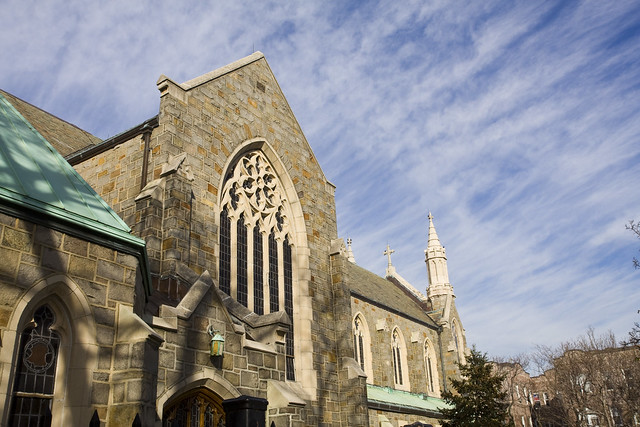
Trinity in Astoria, New York City. December 2, 2011
365 Part Deux

General Seminary, New York City. December 1, 2011
365 Part Deux
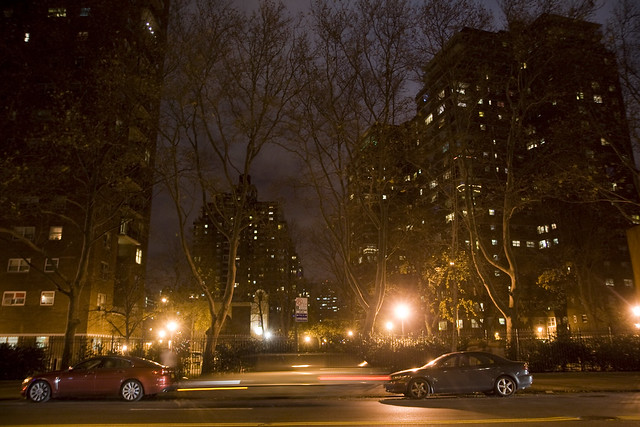
Chelsea, New York City. November 30, 2011
365 Part Deux

Chelsea, New York City. November 29, 2011
365 Part Deux

Chelsea, New York City. November 28, 2011
365 Part Deux
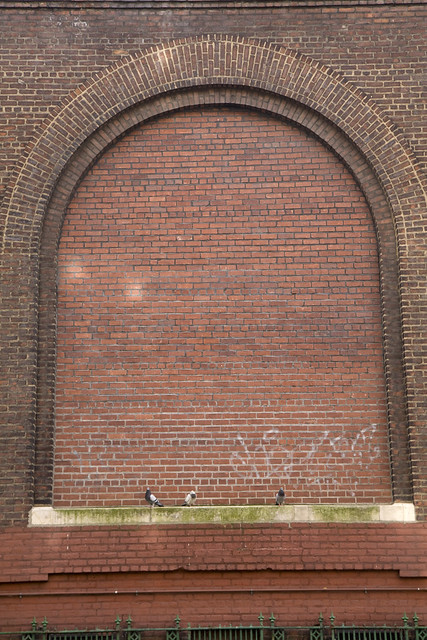
Washington Heights, New York City. November 27, 2011
365 Part Deux









